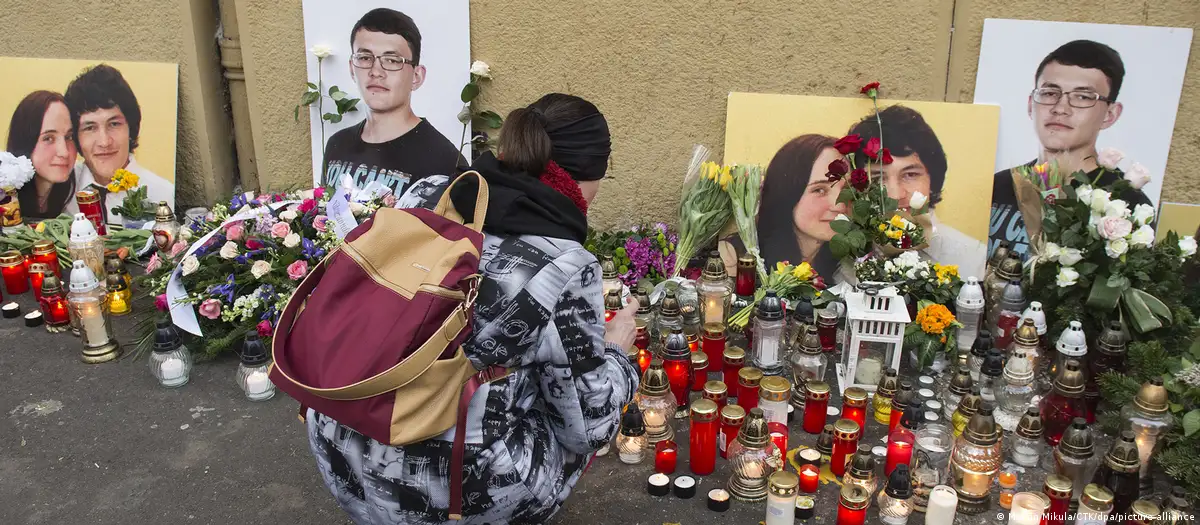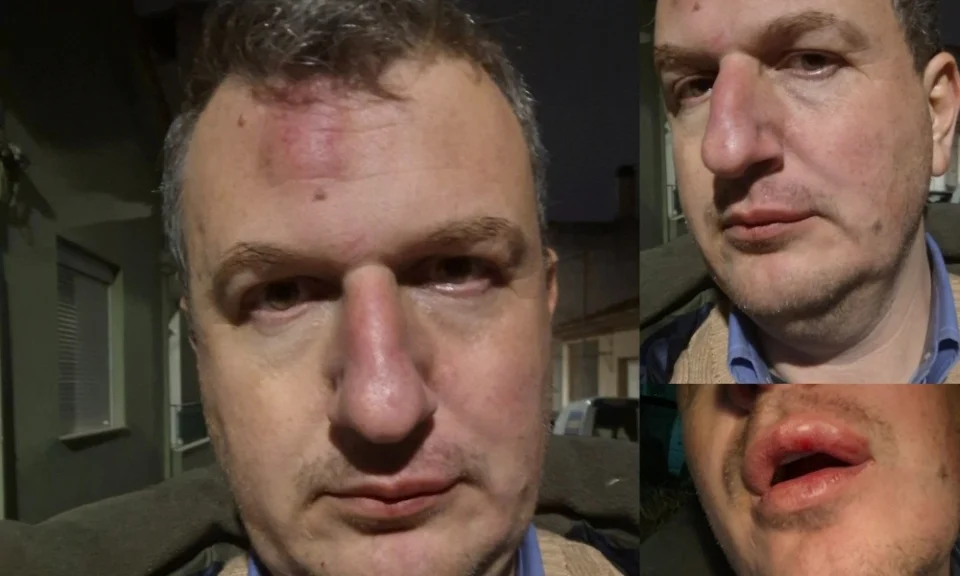Since the disputed 2020 election, which extended President Alexander Lukashenko’s rule, Belarus has seen a dramatic rise in the suppression of independent journalism. The government has relentlessly targeted journalists with arrests, harsh prison sentences, and heavy fines, under charges such as extremism and conspiracy to overthrow the government. The Belarusian Association of Journalists reports that nearly 40 journalists remain imprisoned, and more than 397 have been detained since the election. Media outlets critical of the regime have been labeled extremist, and accessing their content can result in arrest, contributing to a climate of fear and censorship.
Many journalists who have been arrested face grueling prison conditions, with reports of isolation, denial of medical care, and physical abuse. Some have received long sentences, including harsh treatment in overcrowded facilities. These conditions have drawn international outcry, with organizations like Reporters Without Borders condemning the regime’s actions. The group has taken Belarus to the International Criminal Court, citing crimes against humanity due to the systematic targeting of journalists and opposition members.
The crackdown has also forced many journalists to flee the country, with over 600 leaving Belarus. However, exiled reporters are not safe, as in absentia charges and persecution of their families continue. The regime has made it clear that dissent in any form will not be tolerated, and independent media remains a primary target.
Recently, in a bid to improve international relations, Lukashenko pardoned 42 opposition activists, including some journalists. While this gesture was seen as a potential thaw in Belarus’ relations with the West, human rights organizations such as Viasna caution that more than 1,100 political prisoners remain incarcerated, and many still face inhumane conditions. Opposition leader Sviatlana Tsikhanouskaya has welcomed the pardons but stressed that more needs to be done to secure the release of all political prisoners.
The continuing repression in Belarus highlights the importance of international support for journalists and press freedom, as well as the need for greater accountability for regimes that silence dissent.






